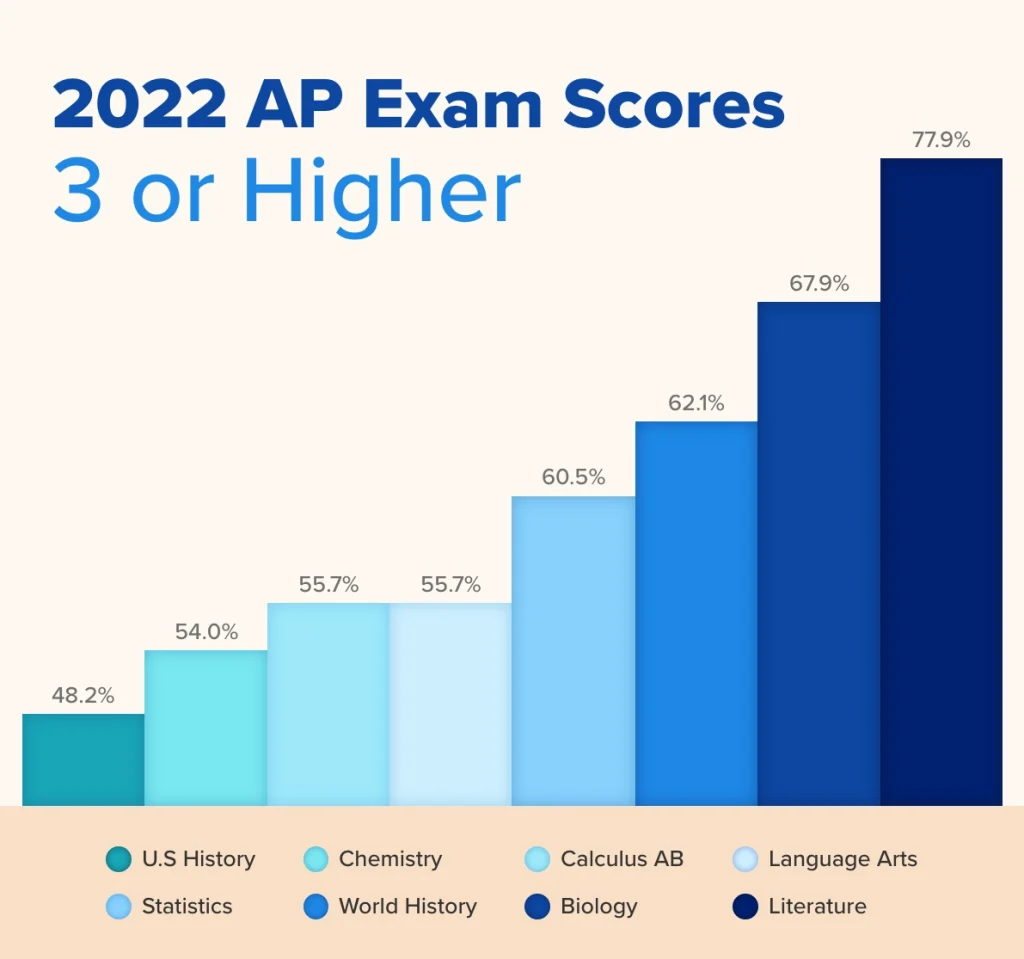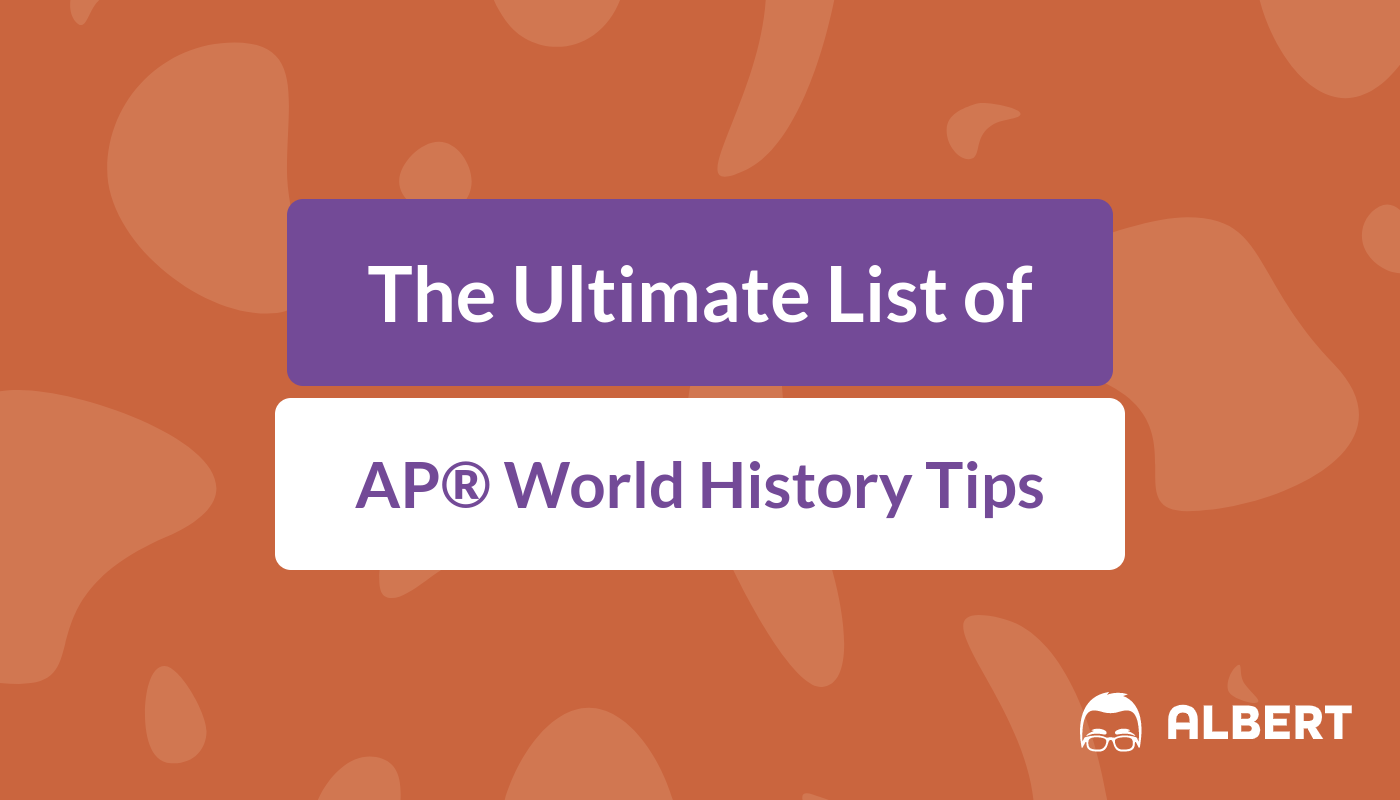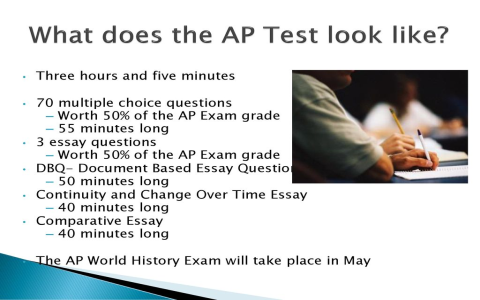Alright, so today was the day I decided to really get into 7.8 for AP World History. You know, that topic. Mass Atrocities After 1900. Yeah, not exactly light reading.
I started off by just opening my textbook. Figured I’d do a quick skim, refresh the basics. That didn’t last long. The sheer amount of information, the details… it’s a lot to take in. My eyes started to glaze over pretty quick.

So, I shifted gears. I thought, okay, maybe I need a more active approach. I grabbed my notebook and a pen. My plan was to go through each major event mentioned in the curriculum for 7.8 – the Armenian Genocide, the Holocaust, Cambodia, Rwanda, and others – and just jot down key points. Who, what, when, where, why. The basics.
That helped a little. Breaking it down piece by piece. For instance, with the Holocaust, I focused on:
- The rise of Nazi ideology.
- The systematic nature of the persecution and extermination.
- The different groups targeted.
Then I moved to Cambodia under the Khmer Rouge. Again, trying to pinpoint the ideology, the methods, the victims. It felt like a grim checklist.
The Hard Part Was Connecting the Dots
The real challenge, though, wasn’t just learning the facts of each event. It was trying to understand the broader patterns the AP course wants you to see. Things like the role of ideology, the impact of war, government power, ethnic conflict. Trying to make those connections without sounding like I’m just repeating phrases from the textbook, that’s tough.
I spent a good hour just staring at my notes, trying to draw lines between different events, looking for similarities and differences. It’s hard because each situation is so horrific and unique in its own way. You don’t want to oversimplify things.
After that, I tried looking at some sample LEQ prompts related to 7.8. One asked about comparing the causes and consequences of two different state-sponsored acts of violence. That really made me pause. How do you even begin to compare something like the Holocaust to the Rwandan genocide in a short essay? The scale, the methods, the contexts – they’re all so different, yet tragically similar in intent.
I didn’t actually write a full essay. Just brainstormed some points. It felt a bit overwhelming, to be honest. Like, how do you do justice to this material in an exam setting?

To wrap things up, I went back to basics. I made a list of key terms and their definitions for this section. Sometimes, just getting the vocabulary straight helps solidify things. Terms like ‘genocide,’ ‘ethnic cleansing,’ ‘total war,’ ‘propaganda.’ Made sure I could explain each one simply.
So, that was my deep dive into 7.8. Can’t say I’ve mastered it. Not by a long shot. It’s a heavy, draining topic. But I put in the time, went through the material methodically, and tried to engage with it. I guess that’s the process. One step at a time, right?















